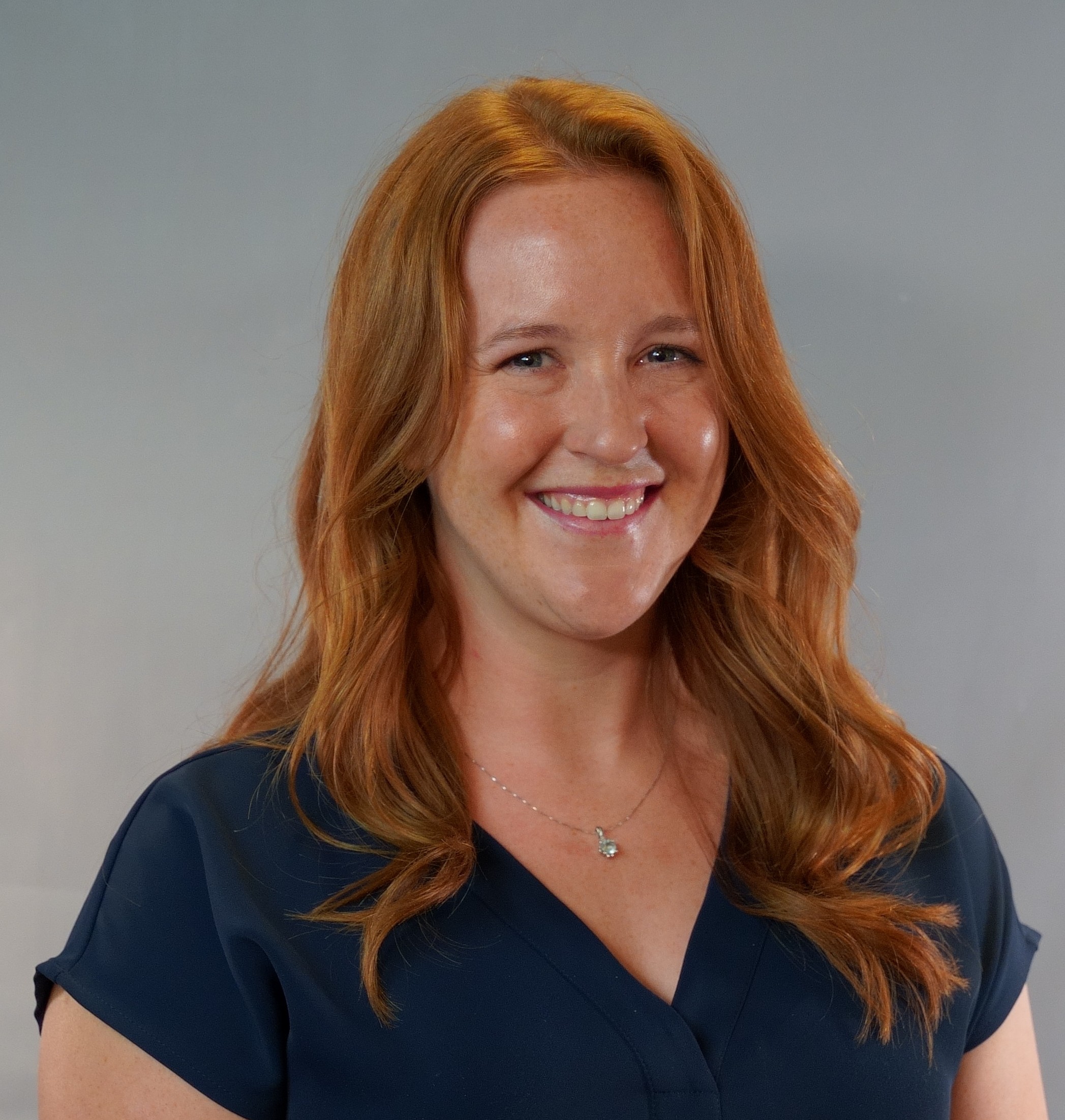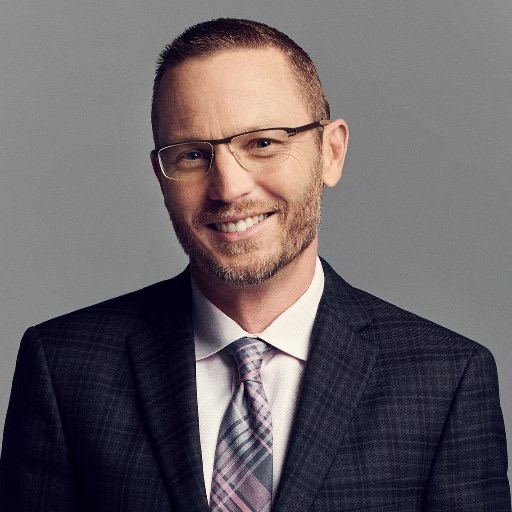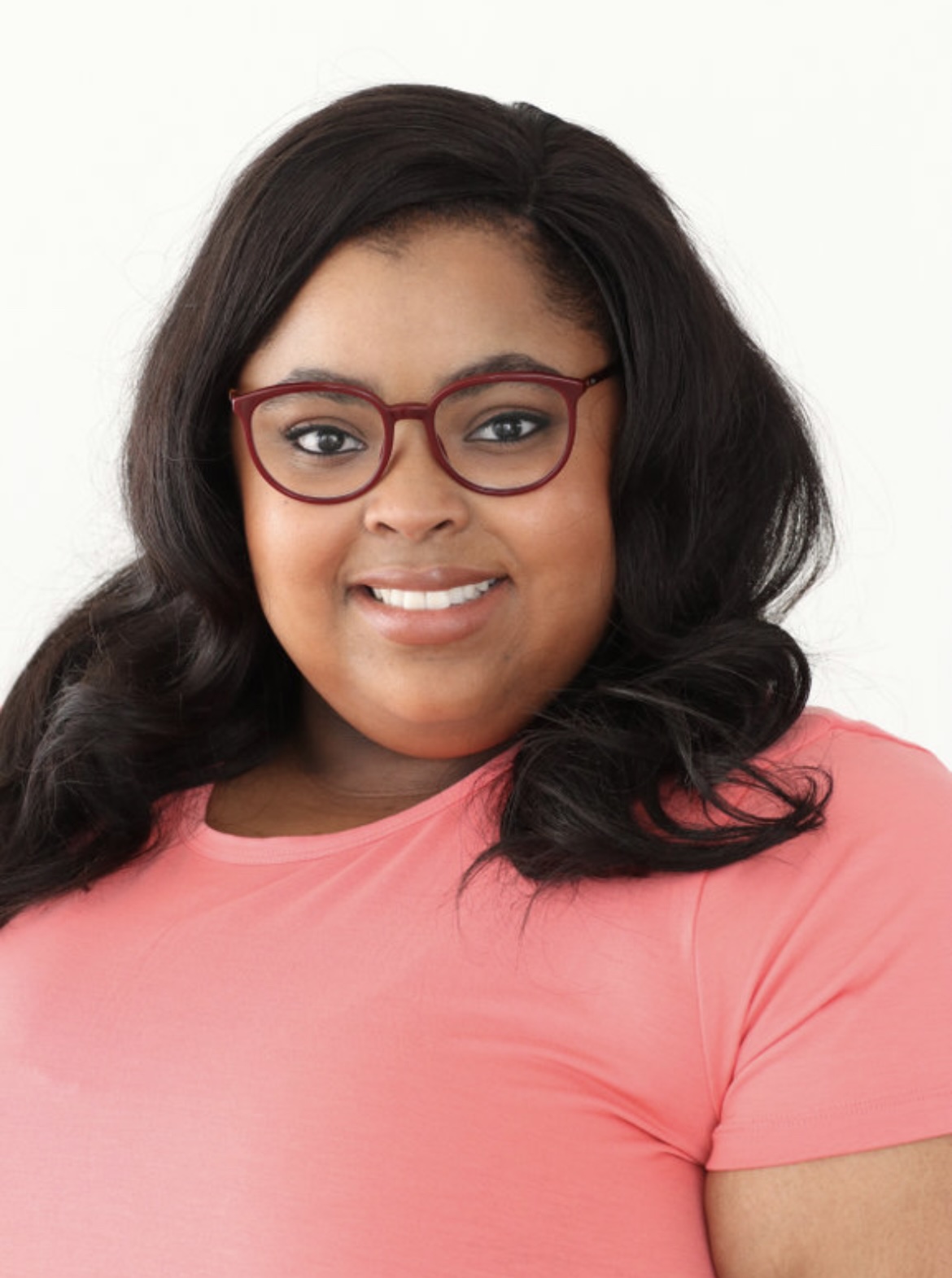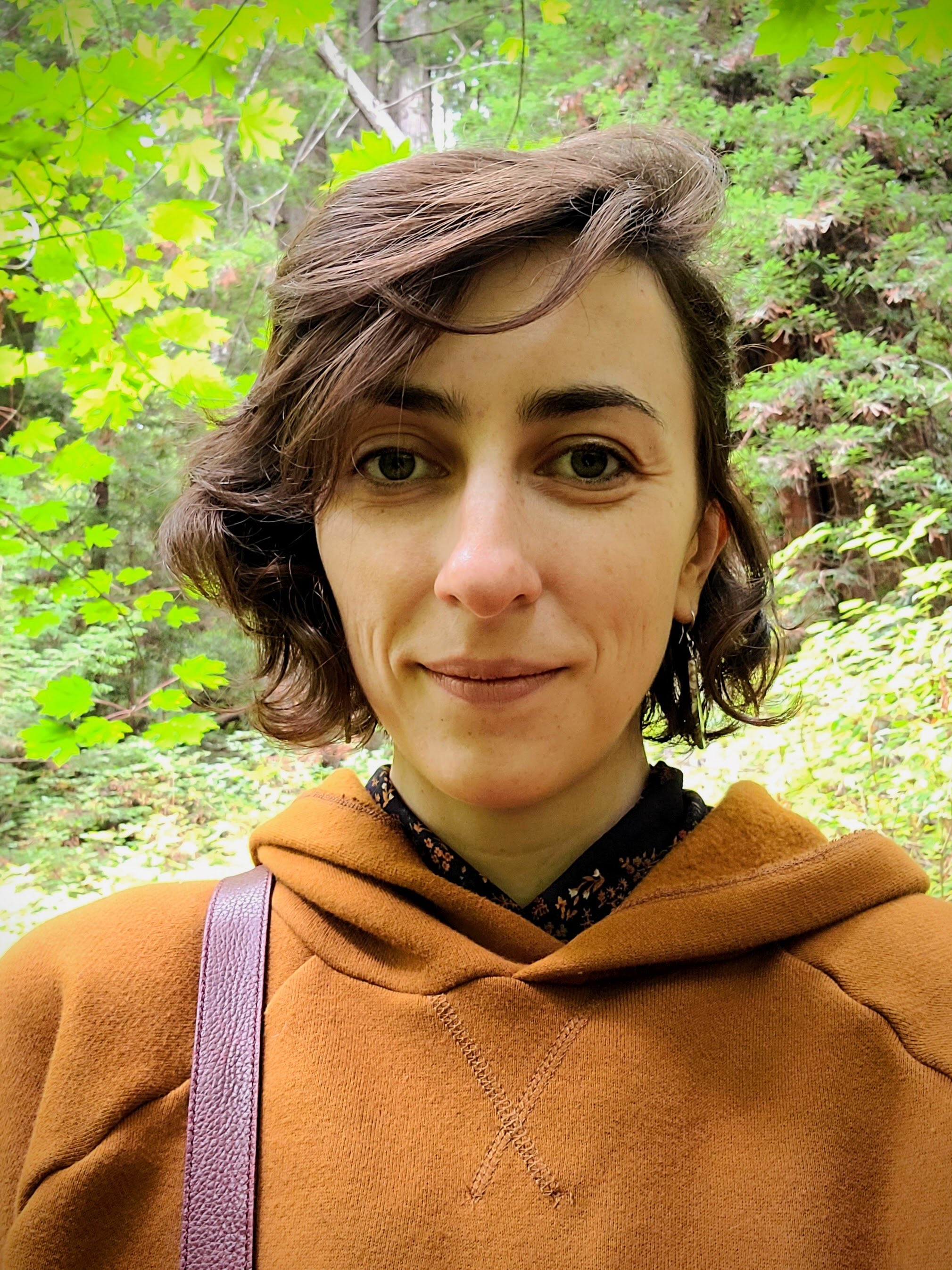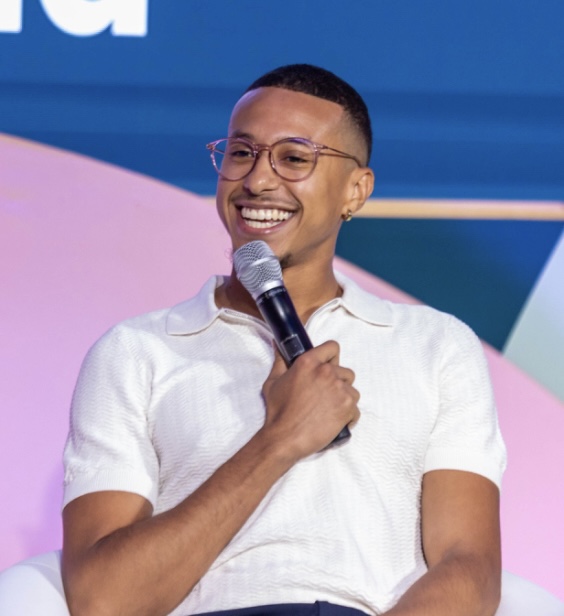Alumni Spotlight
UNT history students pursue careers in many fields, bringing the skills they leaned in our classrooms into fields like law, education, and business. Learn more about some of our amazing alums and how their coursework in history at UNT prepared them for the future.
EducationSkills in history that help future educators: writing, research, communication, creative thinking, critical thinking, cultural literacy |
|||
Avery LeBlancAvery LeBlanc earned his MA in history from UNT in 2022. As a student, Avery focused on ancient and Medieval Europe, including histories of magic and medieval ideas about witchcraft. Now he is a middle school gifted and talented English Language Arts/Reading teacher with Denton ISD. The gifted and talented program is an interdisciplinary class that encourages students to examine the world they live in. “My background in history,” Avery says, “has prepared me to teach students how to analyze texts and events in their cultural, political, and historical context and to show them how to evaluate sources for bias.” He is also able to use his history training to research for his lessons, and to teach students fundamental research skills and digital literacy as well.
|
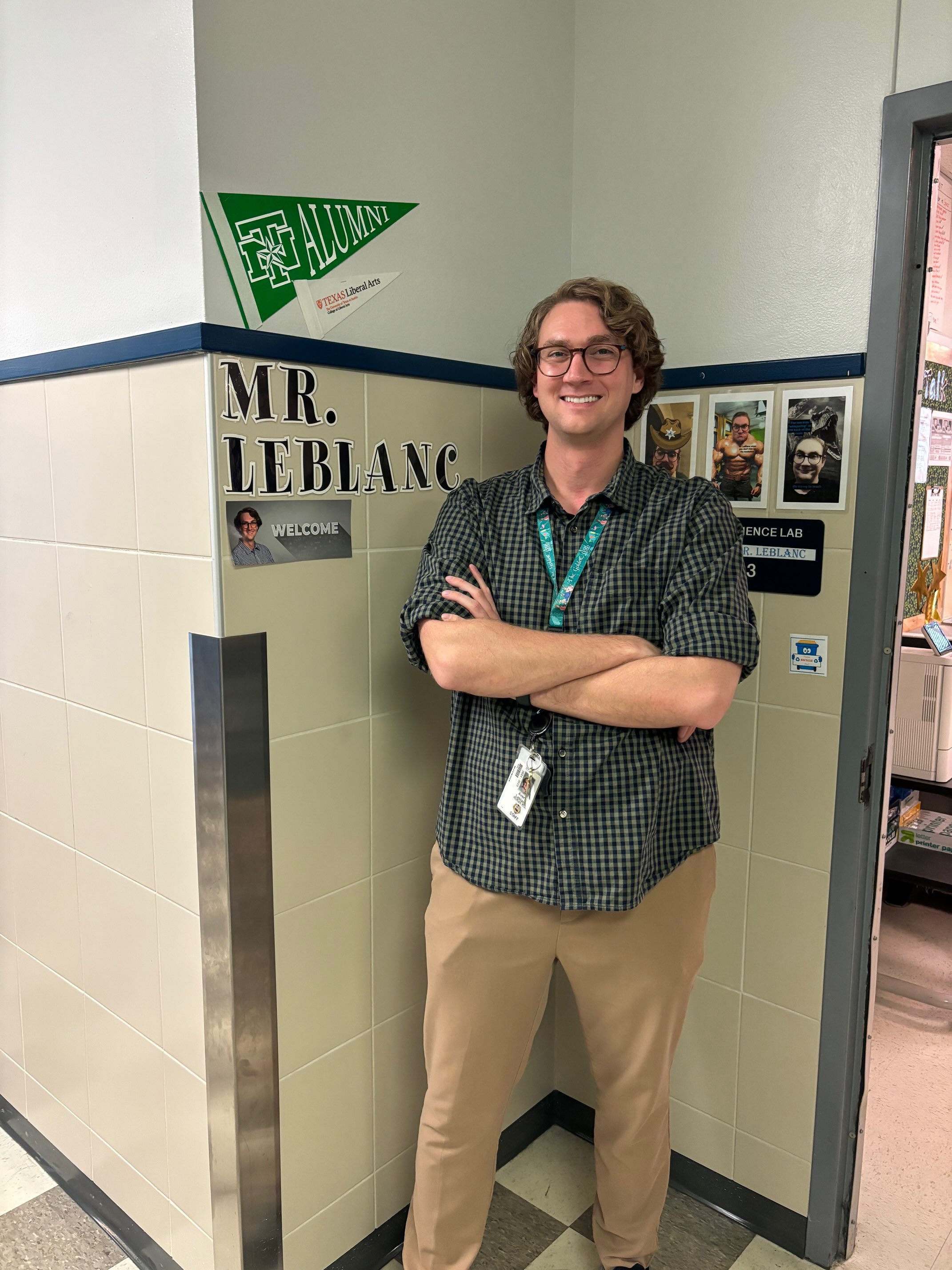 |
||
LibrariesSkills in history that help future library professionals: information management and curation, critical thinking, communication, documentation, digital literacy |
|||
Brooke EdsallBrooke Edsall graduated from UNT with her MA in history in 2023. At UNT, she wrote her thesis on motherhood and medicine in the Progressive Era US. Brooke is now the Library Production Manager for the Digital Newspaper Unit at UNT Libraries. Her job includes managing the digitization of newspaper pages so they can be uploaded to the Portal to Texas History–which now has almost 12 million newspaper pages digitized and freely available. She regularly gets to work with historical documents in her job and has found her historical research skills critical to her work. Her personal research experience, she says, has informed her ability to make decisions on how pages should be scanned and organized. “I understand how researchers look for information,” she says, “so I can better predict what will create a usability problem versus what is just a superficial issue.” |
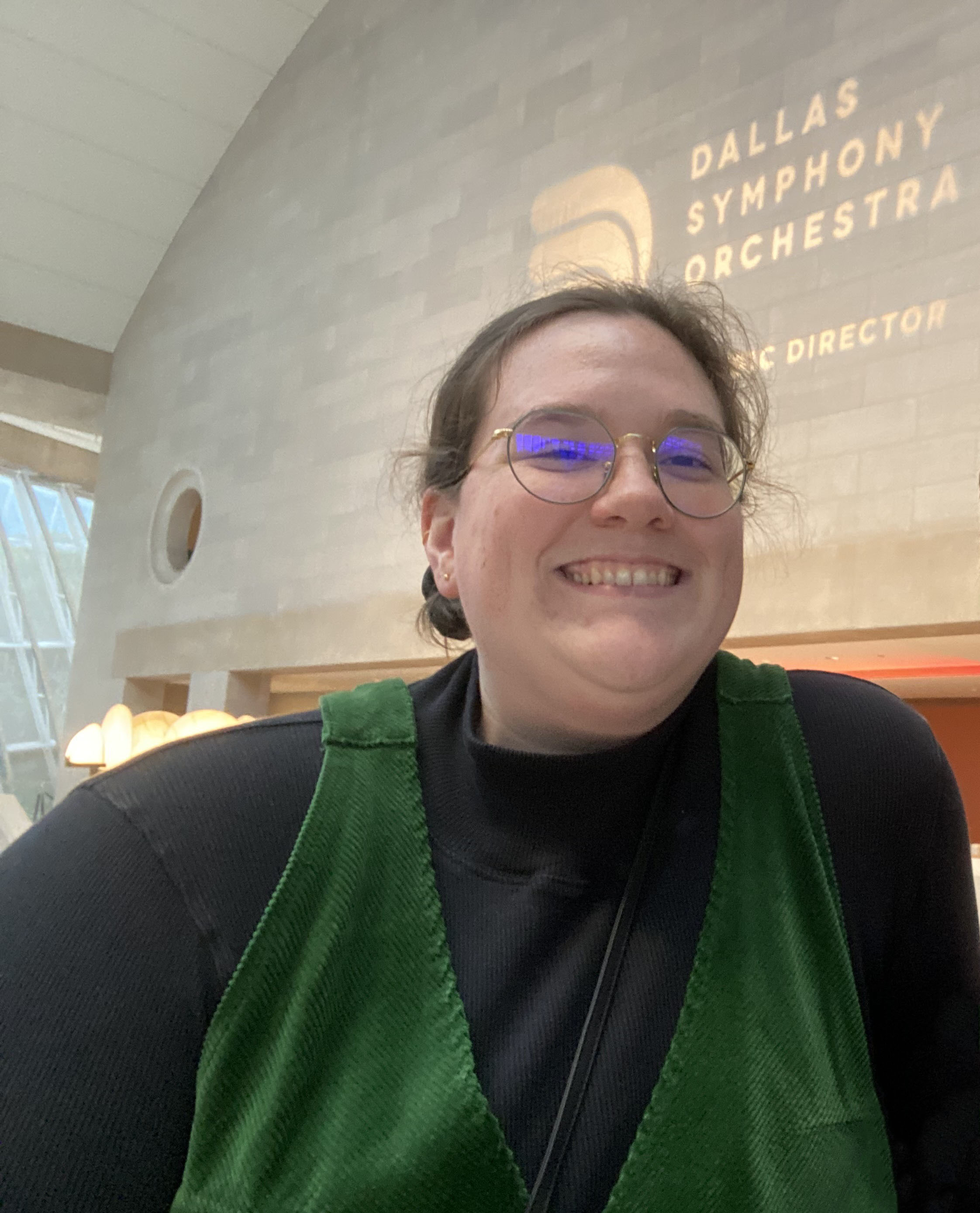 |
||
|
|||
Corporate and Private HistorySkills in history that help future historians: research skills, interviewing and oral history, writing skills, data analysis, critical thinking |
|||
Savannah ApedaileSavannah (Donnelly) Apedaile graduated from UNT in 2018, with a BA in history. While at UNT, she took a wide variety of history courses, but she especially loved food history and environmental history. Now Savannah is a private historian and archivist, who works for several families. Her work includes conducting oral histories, constructing private archives and databases, and researching in these collected documents. “Studying history,” she says, “has been paramount in shaping how I analyze and interpret information in all aspects of my life.” History trained her to assess sources critically, identify bias, construct well-supported arguments, and identify what information and perspectives are missing. |
 |
||
LawSkills in history that help future legal professionals: research, logical argumentation, analyzing large amount of information, writing, evaluating different perspectives |
|||
Rashid EldomaRashid Eldoma earned his BA from UNT in 2019. He majored in theatre and integrative studies, with a field in history. He especially enjoyed history courses on the British Empire and in African American History. Assignments in African American History, he says, combined history, literature, and contemporary social issues in ways that complemented his love of interdisciplinary thinking. After UNT, Rashid attended the Texas A&M School of Law. Now he is a criminal defense attorney for Dunham & Jones, Attorneys at Law, P.C. Rashid says that a history education helped prepare him for his next steps. He used historical thinking and research in law school, including writing a research paper on the history of the US census and how racial categories evolved. History continues to inform his work. “History is everything,” he says. “It provides context whenever I’m researching case law or when I'm dealing with clients.” |
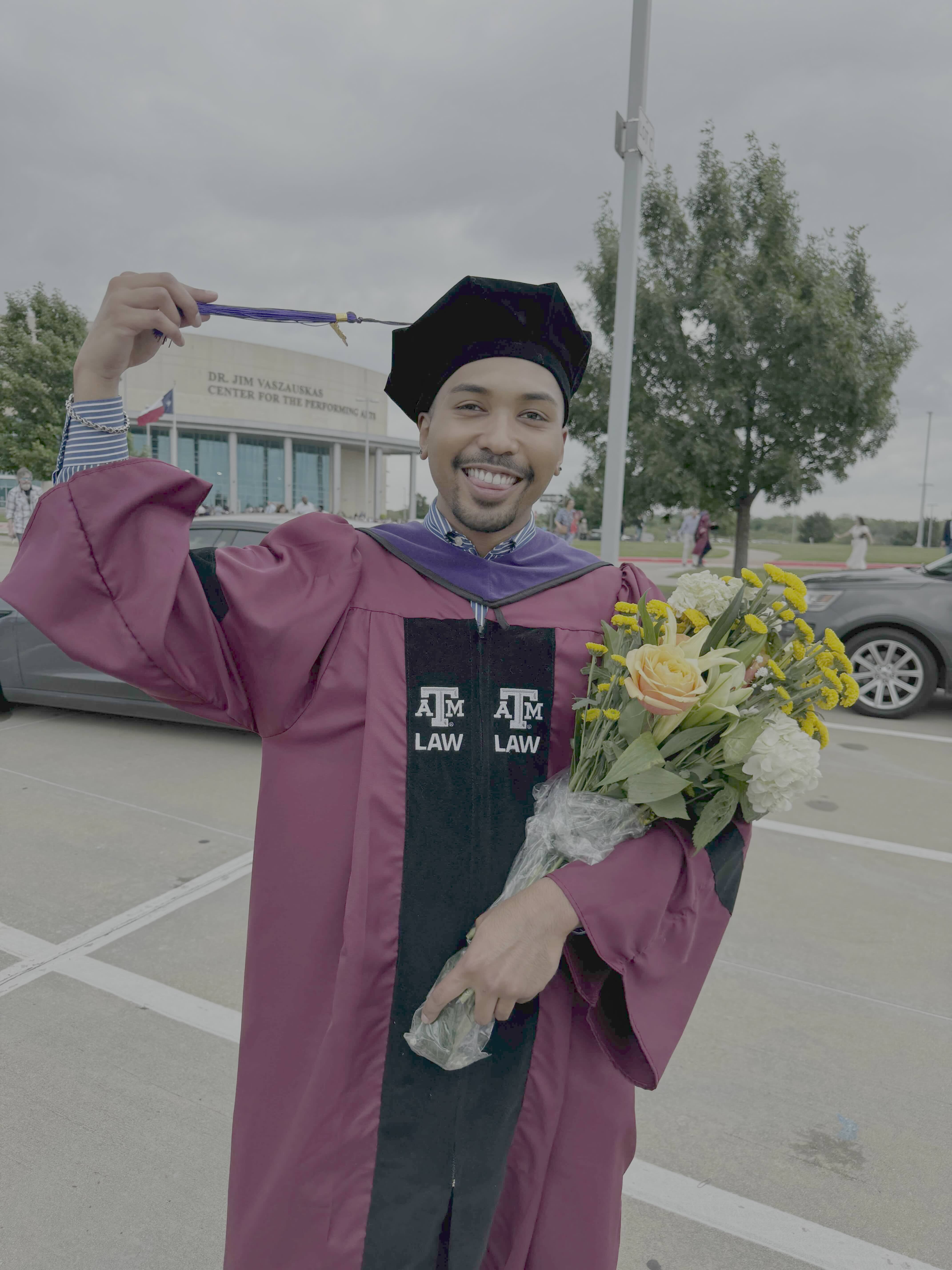 |
||
Sharon K. LowrySharon Lowry graduated from UNT in 1980 with a PhD in History. She worked in corporate communications for Texas Instruments for sixteen years. She says her “history PhD checked all the boxes” for the skills she needed in that position: oral and written communication, research, analysis, and the ability to organize and synthesize vast amounts of data. She is now an attorney in her own law office in Denton. When she followed her dream to become a lawyer, she found her history background positioned her well for the new challenge. It helps her look at issues from all sides and also helps her better understand the law because she knows how to think about the historical context for why specific laws and procedures exist. |
 |
||
Frank Garcia CazaresFrank Garcia Cazares graduated from UNT Summa Cum Laude with his BA in history in 2018. While at UNT, he took many classes in Latin American History and worked closely with faculty on research. At the urging of his professors, he was accepted to the Penn State Emerging Scholars Program, which helped him determine his next steps. Frank worked as a paralegal for five years, where he focused on business immigration law. Now he is in law school at the University of Houston Law Center. “Studying history really helped me develop independent critical thinking and analytical thinking skills,” he says. Working in the legal fields requires close attention to detail and careful reading of dense material, both skills he developed in his BA program. |
 |
||
Maddison CraigMaddison Craig earned her BA in history from UNT in 2016, and her MA in history in 2019. She especially enjoyed non-Western histories and courses that took comparative approaches while exploring topics like war crimes and genocide. Maddison is now an Associate Attorney, practicing commercial litigation at the Texas-based law firm Munsch Hardt Kopf and Harr, P.C. “The study of history has opened many unique doors for me,” Maddison says. She served as the legal advisor to the Chairperson of the United Nation’s Committee for Elimination of Racial Discrimination (CERD), for instance, because of her background knowledge of non-western history of conflicts. More broadly, she says, “the ability to deeply comprehend writings in the context of human experience makes me a better trial attorney and a better advocate for clients.” |
 |
||
Brenton BrowneBrenton Browne graduated from UNT in 2018, with a minor in history. He enjoyed studying food history, and loved the vibrant and enriching experience of being at UNT. Now, Brenton is an attorney and a Judicial Law Clerk for a federal judge. He says that studying history has prepared him to read critically and look for the nuances in the law. “Like many topics in history,” he says, “there are often themes below the surface in the law that help one understand the bigger picture.” Additionally, studying history helps him with legal research, giving him critical context into why certain laws were passed during specific time periods. |
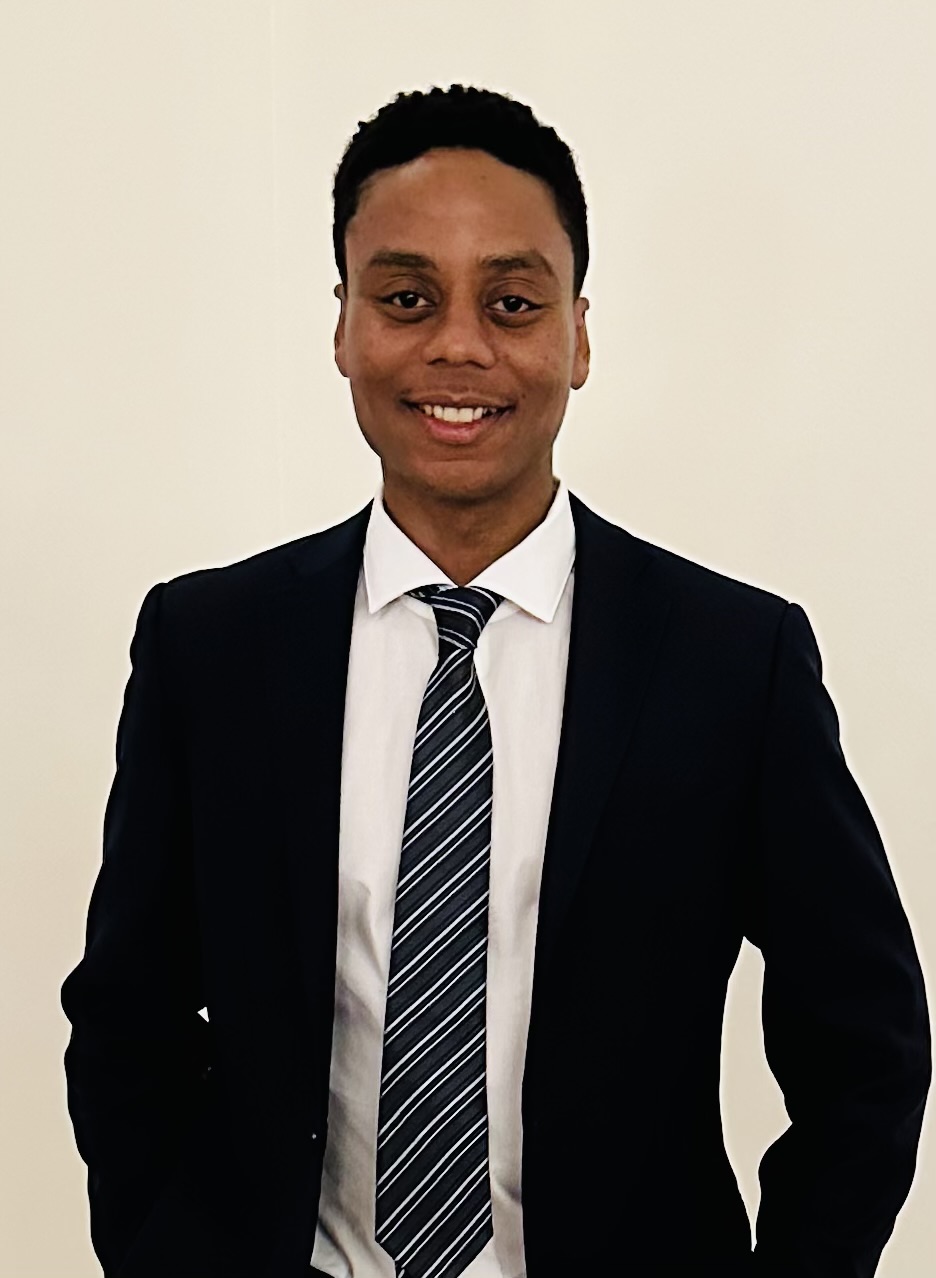 |
||
JournalismSkills in history that help future journalists: writing skills, communication, attention to data, ability to verify information, investigative reporting and research |
|||
Mark FollowillMark Followill graduated from UNT in 2021 with a BA in history. He appreciated the breadth of unique elective classes in the department, and took classes in medical history, African American history, and Latin American history. Now he is a broadcast journalist, doing television play-by-play for the Dallas Mavericks. “The study of history has been beneficial for me in broadcast journalism,” he says, “because as is often said, journalism is a first draft of history.” His journalism is so strong in part because he is always working to contextualize how modern athletes, performances, and games relate to the past. He also says that “being able to tell compelling stories to sports broadcast audiences” builds on the “core historian skills of … effective communication and critical thinking.” |
|
||
Public RelationsSkills in history that help future PR specialists: communication, creative thinking, research, historical thinking, writing |
|||
Olivia Morrow-PayneOlivia Morrow-Payne graduated from UNT in 2020. She enjoyed history classes in African American history and women’s history, which she found often helped her rethink her own experiences and family histories. She says those classes resulted in many “a-ha!” moments. Now, she is a Communication Specialist for the College of Education at the University of Texas-Arlington. Her position involves extensive writing for social media and for university publications, so she regularly flexes the research and writing skills she developed in those undergraduate courses. She says that in many ways what she does in public relations work has resulted in her also working as an archivist, and she employs historical thinking as she creates a digital and written record of the college. |
|
||
BusinessSkills in history that help prepare students for a variety of business roles: critical thinking, research, analyzing complex information from diverse sources, concise and effective writing, problem solving |
|||
Molly JoyceMolly Joyce graduated from UNT in 2014 with a BA in History. At UNT, she enjoyed courses in US environmental history, borderlands history, and antebellum America. Her favorite part was learning to think in more complex ways and analyzing the sources of information. She is now a Product Manager for Hawley Lambert Cycling. The company is a distributor in the cycling industry that provides a catalog of manufacturers to independent bike shops and companies across the United States and Canada. Molly has found that her training as a historian helped prepare her for interdepartmental communications, marketing strategies, and information analysis. She says “that understanding trends, quantifying consumer behavior, and predicting likely outcomes in business and manufacturing, are skills… in a historian’s tool belt.” |
|
||
Michael LaCroixMichael LaCroix earned his BA from UNT in 2016. He especially enjoyed classes on the pre-Colombian Americas, including histories of Ancient Mayans and Aztecs. He took a class on animal history, in which he researched the animal husbandry practices of one Indigenous Peruvian tribe. Now, Michael is a Client Success Manager for Pinnacle Live. “Studying history at UNT was paramount for me to acquire the skills I use in my role every day,” he explains. When he approaches each project, he does research to educate himself on client needs and does critical analyses to determine how he can best meet those needs. He frequently writes proposals, emails, and strategic plans, and then communicates with clients through pitches and presentations. “I am able to take complicated problems and present easily understandable solutions,” he explains, a skill he acquired in history courses.
|
|
||
Wm. Austin Spencer, Jr.Wm. Austin Spencer, Jr. earned his master’s degree in history from UNT in 1995. He loved courses on environmental history and on 19th century politics and the US Civil War. Now, Austin works at Morgan Stanley as a financial advisor/CFP. His background in history helped prepare him for the role. “History teaches you to read as much as you can about a subject and come to a logical conclusion about the material,” he says. “My profession involves a great deal of analysis about investments and financial matters.” Economic history especially has been important for his work, because it has given him an understanding of how historical events both impacted and responded to the American business cycle. |
|
||
EntrepreneurshipSkills in history that help prepare students to become their own boss: communication, creative thinking, problem solving, active listening, research and evaluation, attention to detail |
|||
Stephon BradberryStephon Bradberry earned his undergraduate degree from UNT in 2019. He especially connected with his African American history classes, where students grappled with histories of liberty, freedom, and American race politics. Stephon enjoyed papers and projects that allowed him to investigate and reflect on the forgotten histories of those who built the nation. Now, he owns his own wellness business, LifeWell, which combines yoga, art, community, and advocacy. “Our history dances before us,” he says. “My African American History classes transformed the way I thought about American history, about the stories we’ve relegated to the background, and how we reach toward the perfecting of ideals not yet realized.” |
|
||
MuseumsSkills in history that help prepare students for careers with museums: research, communication, creative thinking, cultural literacy, problem-solving |
|||
Charlotte DecosterCharlotte Decoster graduated from UNT in 2012 with a PhD in History. Charlotte enjoyed a variety of European history classes at UNT, on topics ranging from Nazi Germany to Russian history to European witch trials. She is now the Senior Director of Education at the Dallas Holocaust and Human Rights Museum. Her job draws on the subject matter and content she learned in her degree but goes beyond that. Her work requires that she engage in historical thinking and understanding, while also drawing on her critical thinking skills and teaching skills. |
|
||
